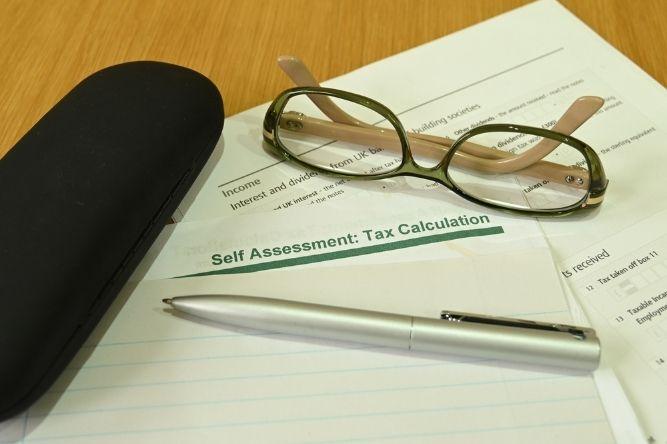Influencers play a unique role in society, and they’re often paid quite well for promoting a variety of services on their main platform. They may get paid to take a trip and review a specific hotel, fashion some new swimwear, or play video games in exchange for money. The possibilities for how influencers earn income are numerous. With all of this money coming in, are influencers required to complete self-assessment tax returns?
If you’re an influencer who’s making money from their business, here is what you need to know when tax time rolls around:
Who Needs To File Self-Assessment Tax Returns?
No matter what type of influencer you may be, the Canada Revenue Agency considers influencers to be involved in a business when they make money off their posts. You can earn this money via Facebook posts, Instagram posts, YouTube videos, and many other methods.
If you’re making a profit from your endeavors, then the CRA qualifies it as a business activity.
As a result, you’ll need to file self-assessment tax returns to claim the money that you report as income. For a self-employed individual in Canada, you must file your return before June 15, 2022. For other individuals, the deadline is April 30, 2022.
Anyone who lives or works in Canada is required to report their taxes to comply with the CRA. By reporting your income, the CRA can maintain the integrity and compliance of the tax system in Canada. You must file a return if you’re aiming to claim any credits, benefits, or a refund. In addition, those who owe taxes are required to file a tax return. For a complete list of reasons why you may need to file a tax return, visit the CRA website.
What Do You Need To Report on Taxes?
Influencers who received money in exchange for their services will need to keep on top of their earnings for tax purposes. However, many of these social media influencers are unsure which of their income streams count when filing self-assessment tax returns. A good rule of thumb is to keep track of every sort of income that you receive from a company or brand.
This can include brand partnerships, free products that you received, sponsored posts, and any money that you make through advertisements on your site or platform.
Even if there is no exchange of money for your services, you must still report what you earned on your taxes. Non-monetary income in the form of free products, clothes, and even trips is still considered to be income in the eyes of the law.
You must be thorough when claiming what you earned. This is where accounting for influencers in Winnipeg can often come in handy. An accountant can help you keep track of the value of the products and services you receive so that you’ll know if you owe any taxes at year-end.
Reporting Business Expenses
Once you assess that you will turn a profit and earn income from your social media influencer status, you should be keeping track of more than just your income. Any money that you invest in your business can be written off as an expense. This includes membership fees, advertising, fuel costs, and more.
Keep in mind that your expenses must be reasonable. You can’t simply write off an entirely new wardrobe just because you wanted to take some pictures for Instagram. They must be reasonable expenses, given the income that you generate from your influencer business.
Not only do they need to be reasonable, but they also need to be directly related to your income. This keeps you from writing off that expensive espresso machine as an “office” purchase and other similar items that have no effect on the bottom line of your business.
Hiring an Accountant
Are you still unsure whether you are following the guidelines for your taxes? There has never been a better time to hire a Winnipeg accountant to help you manage your finances. Compass Accounting is ready and waiting to help you fill out these important tax documents so that your business can stay up-to-date!

